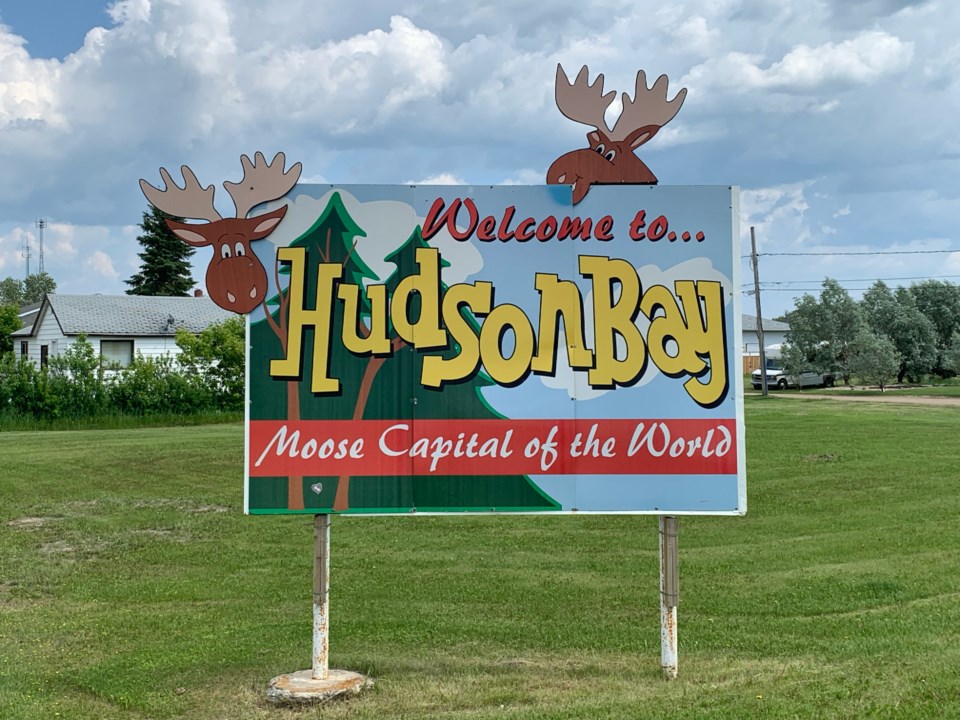Inspired by the NHL playoffs, about a month ago I wrote about my search for the origins of the longstanding hockey term, “Hudson Bay Rules,” which, in Canadian lore, essentially means bush-league or amateurish play.
Initially, I thought it would be a simple search that would involve compiling some references and hopefully getting in contact with some people who knew something about the history of the term.
However, that turned out to be much harder than I thought, and with the article needing to be submitted that day, I wound up with nothing more than a couple of articles and pop culture references, a great anecdote from my dad and a dead-end lead mistakenly believing it was TSN broadcaster Glen Suitor who I had heard use the term on air before.
It was a fun experiment and made for an interesting story, despite not having much in the way of a resolution.
But that didn’t sit well with me.
I figured there had to be some way to dive deeper into this quest and get to the bottom of things. So I re-committed to my search, this time turning to Twitter for help.
My Twitter search proved to be much more fruitful than my earlier Googling, and soon I had a list of established people in the hockey world who have, at the very least, used the term before.
On that list was some of the most well-known hockey writers out there, like The Hockey News’ Ken Campbell and former Ottawa Citizen reporter Wayne Scanlon, who has been described as the Wayne Gretzky of hockey writing.
While Scanlan was unsure of his first encounter with the term, he always assumed it had to do with the bay of water where “[British explorer, Captain Sir John] Franklin’s men played a version [of hockey] when they were stuck all winter in the ice while searching for the [Northwest] Passage.” (In case you don’t know how that turned out: the 1845 expedition was disastrous, with all 129 men onboard believed to have died.)
Campbell, on the other hand, knew he first heard it from the late Pat Quinn when he coached the Toronto Maple Leafs, but did not know where it originated from beyond that.
Because the results of my search seemed to show a strong prairie connection, my next step was to contact Matthew Gourlie, communications manager for the Saskatchewan Sports Hall of Fame, who had used the term in a tweet in 2018.
Again, no dice on any form of origin story, but at least he remembers hearing the term while playing hockey in Regina as a kid back in the ’80s and getting his dad to explain the meaning to him.
With so many fresh leads turning up dry, it was time to go straight to one potential source: Hudson Bay, Sask.
Luckily, a friend from home is related to NHL assistant coach Glen Gulutzan, so I reached out to see if he could put me in touch. While explaining my story to him, he became equally curious in the results and told me he always heard it was former NHLer Kelly Chase, raised in Porcupine Plain, Sask.—45 minutes down the road from Hudson Bay—who coined the term. Once again, I had a fresh lead.
After probably an hour of combing the internet for any relevant info on Kelly Chase that might lead to a contact or at least a company that could be able to put me in touch with him, the closest I got was his LinkedIn page. Not very helpful, but at the very least, having the ability to send a short message along with a connection request gave me a shot.
So I pleaded my case in 300 characters and sent out the request, not expecting much from it.
But wouldn’t you know it, not even 30 minutes later, an email popped into my inbox that simply read “Kelly Chase” followed by a phone number. Was this finally the break in the case I needed?
Turns out … no, it wasn’t.
Our phone call only lasted about five minutes, and it started with an awkward, “hey Kelly, this is Harrison, from … LinkedIn, I guess,” and ended with him telling me about how the term was just always around while he was playing junior hockey in Hudson Bay in the early ’80s.
The deeper and deeper my search got, the more I started to realize “Hudson Bay Rules” may have entered the category of hockey folklore, passed down generation to generation, with the origins lost to time, while its meaning lives on.
So this might be the end of my search, although I do still have a couple lines in the water, like Gulutzan and fellow NHL assistant coach Trent Yawney—also from Hudson Bay—who might be able to shine some light on it. Or maybe someone from my hometown will read this and reach out with a new lead or story pertaining to Hudson Bay Rules.
However, even if more information is still to come, it is doubtful a Part 3 will come of it, as I am surely one of a very select few who cares enough about this topic to want to read more than 2,000 words on the origin of a random and obscure hockey term. But I loved every minute of the journey nonetheless.




